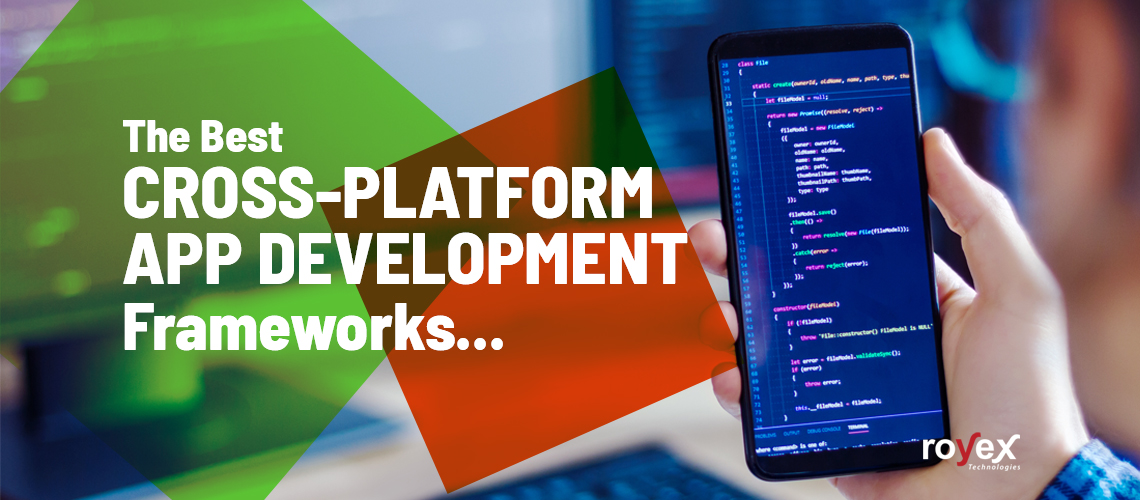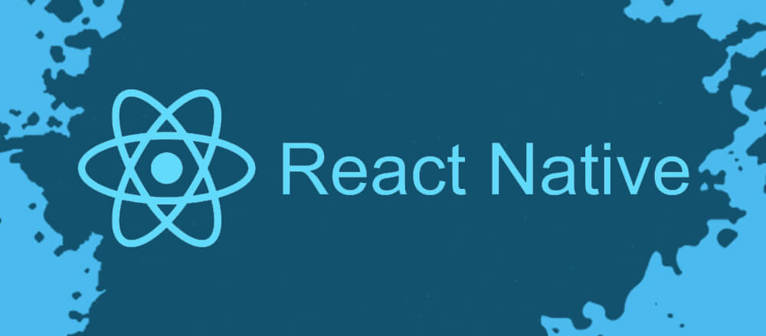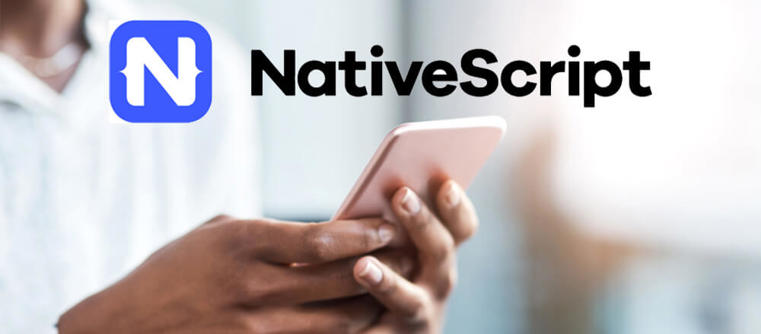
The Best Cross-Platform App Development Frameworks
Depending on the goals of your mobile application, you may go one of two ways: develop two or more native apps separately for each platform, or create a single cross-platform app that works on several platforms at once. When you have a lot of potentials, little time, and a modest budget, a cross-platform app is a great option for your MVP (Minimum Viable Product).
If your company requires a basic mobile app with no complicated animations or features, another reason to create a cross-platform mobile app is if your company requires a simple mobile app with no complex animations and functions.
Developers all across the world created customized frameworks to make the cross-platform app development process easier. Cross-platform app frameworks enable developers to build mobile apps with a singular code and run them on many devices with few adjustments.
There are numerous fantastic cross-platform frameworks for mobile app development available nowadays that allow you to build high-quality apps. Each of them is capable of resolving a certain issue. We'll look at some of the most prominent cross-platform programming frameworks in this article.
React Native

Probably one of the best cross-platform app development frameworks is React Native. It works on both iOS and Android devices. Facebook Inc. built React Native in early 2015, and its community is continually enhancing it. It's built with React and doesn't rely on WebView or HTML. Instead of HTML, JSX uses platform components, and CSS-like polyfills are used instead of CSS. Furthermore, there is no DOM API. The finest elements of JavaScript and React.JS are combined in React Native. Additionally, it allows developers to design some elements in Objective-C, Swift, or Java.
React Native enables the development of programs for a variety of platforms, including Android, Android TV, iOS, macOS, tvOS, Web, Windows, and Universal Windows Platform (UWP).
Because it is open-source and free, it has a vast community to support and develop it if any problems arise. React Native is a user interface framework that allows app developers to design extremely responsive user interfaces.
NativeScript

NativeScript is an open-source cross-platform framework that uses XML, CSS, and JavaScript to construct cross-platform apps. NativeScript apps may be written in any language that converts to JavaScript, such as TypeScript, and it also supports AngularJS and Vue.js. NativeScript is compatible with both iOS and Android. Unlike some other cross-platform frameworks, Native Script does not require the installation of any plugins to access the camera, GPS, or other features.
All AndroidArsenal and Cocoapods components are supported by NativeScript. It allows native libraries to invoke native methods. NativeScript instead of WebView employs a native platform rendering engine, resulting in a genuinely native user interface. Platform-based APIs can be written in JavaScript, so you don't need to know Java or Objective-C to utilize them.
Flutter

Flutter is one of the newest cross-platform app frameworks, having been published in May 2017 by Google. It's a free open-source cross-platform framework that lets you create a mobile app with just a few lines of code. Its distinguishing characteristic is that it is written in the Dart programming language, as opposed to JavaScript, which is used by many cross-platform app frameworks nowadays.
Flutter's Hot-Reload feature allows you to make changes to your code and view the consequences in real-time. It just takes a few seconds to update the app. You may use Flutter to create cross-platform mobile apps for iOS, Android, and other lesser-known platforms. The only method to make an app for the Fuchsia OS is to use Flutter.
Flutter-based mobile applications are lightweight and efficient. When compared to other cross-platform app frameworks, Flutter provides more visible speed advantages.
Flutter has a graphics engine of its own (You can make the same interface for Android and iOS). Dart enables you to write more organized computer code, allowing you to build more complicated applications.
Node.js
Node.js (or just Node) is a cross-platform framework based on V8 that converts JavaScript from a specialized language to a general-purpose language. Node is a server-side runtime that compiles and executes JavaScript quickly. Instead of translating or running JavaScript as bytecode, the V8 engine converts it to machine code, making Node.js extremely fast.
The V8 engine is one of the world's fastest dynamic language translators, continually pushing the envelope. You can run all of your database queries at once using Node.js, decreasing response times for sluggish requests. Node.js has a sizable user base, making it one of the most popular cross-platform app development frameworks currently.
Xamarin

Xamarin is a cross-platform app framework that is free and open-source. It was created in 2011 as a stand-alone platform, but Microsoft bought it five years later.
Xamarin is not like the majority of cross-platform frameworks. It is based on Mono, an open-source.NET platform implementation. The C# compiler, runtime, and core.NET libraries are all included in this implementation. The project's purpose is to enable C# applications to run on OS other than Windows, such as Unix, Mac OS, and others.
Xamarin, unlike most other cross-platform app development frameworks, is relatively simple to use because it only requires a basic understanding of C# and the.NET environment.
Ionic
The Ionic framework, which is built on AngularJS, is by far the most popular cross-platform mobile development framework. It is a cross-platform open-source app development framework created by Adam Bradley, Max Lynch, and Ben Sperry in 2013. Apache Cordova and AngularJS were the key components of Ionic's main version.
Ionic framework mobile applications are hybrid HTML apps since they follow the Apache Cordova concepts. The unique feature of these applications is that they operate in a separate shell on your smartphone. WebView for Android and UIWebView for iOS, for example, is used to execute the apps.
Developers may utilize the Ionic framework to create both user-centric functionality and unique user interfaces. The user interfaces are so appealing that consumers stay engrossed in the program for extended periods of time. Ionic-based mobile app development projects are so native-like that this cross-platform app development framework is also employed for PWA development.
You can hire us to develop high-quality mobile apps in Dubai. We have an experienced team of mobile app developers who have been working together for years now. We’ve successfully developed hundreds of projects for our clients and become a leading mobile app development company in Dubai.
Our clients and portfolio speak of the quality and commitment of our company. You can check our website for more details. Email us at info@royex.net or call on +971566027916 with your requirements.





